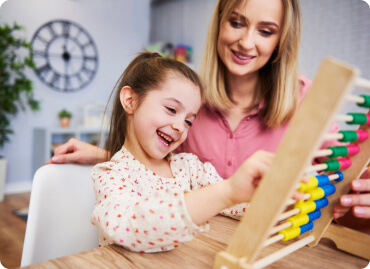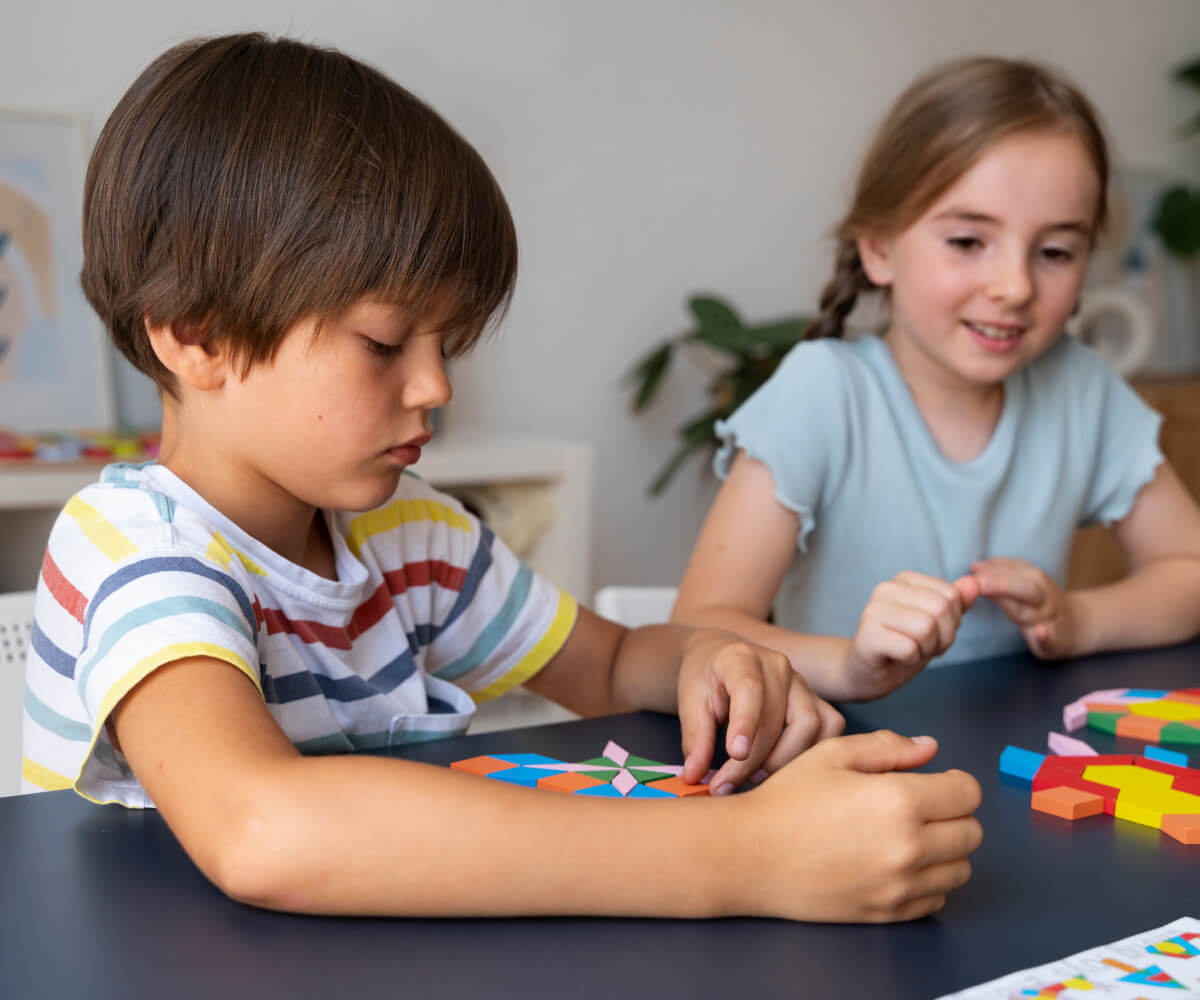When it comes to shaping the foundation of a child’s future, academics often take the spotlight. But what if we told you that one of the most critical skills your child can develop during their elementary years has nothing to do with math, reading, or science? Instead, it’s the ability to manage their emotions effectively—what experts call emotional regulation.
Far from being a “nice-to-have,” emotional regulation is a cornerstone of healthy development.
Research shows that children who learn to understand and manage their emotions in early childhood are more likely to succeed academically, socially, and even professionally later in life.
Here’s why we believe that emotional regulation should be the fundamental priority for elementary-aged children—and how it can make all the difference.
What Is Emotional Regulation, and Why Does It Matter?
Emotional regulation is the ability to recognize, understand, and manage one’s emotions in a way that promotes positive outcomes. This doesn’t mean suppressing feelings; it means being able to process and respond to emotions appropriately.
For elementary-aged children, emotional regulation is crucial because it:
- Builds Resilience: When kids learn to navigate emotions like frustration, sadness, or anxiety, they develop the resilience to overcome challenges in and out of the classroom.
- Supports Learning: Emotional regulation directly impacts a child’s ability to focus, retain information, and engage in problem-solving. A regulated child is better equipped to thrive academically.
- Fosters Healthy Relationships: Children who can manage their emotions are better able to communicate and empathize with others, building stronger friendships and social connections.
The Science Behind Emotional Regulation
Research in developmental psychology and neuroscience confirms that emotional regulation is a key predictor of long-term success. According to a study published in the journal Child Development, children with strong emotional regulation skills in early childhood show higher academic performance and fewer behavioral problems throughout their school years.
Another study in Frontiers in Psychology highlights the importance of the prefrontal cortex—the brain’s control center for emotional regulation—in developing self-control and decision-making skills. While the prefrontal cortex doesn’t fully mature until young adulthood, the habits children form in their early years lay the groundwork for lifelong emotional health.
Additionally, studies have found that teaching emotional regulation through mindfulness, social-emotional learning (SEL) programs, and parent-led support significantly improves outcomes for children in both their school and personal lives.

How to Prioritize Emotional Regulation
Focusing on emotional regulation doesn’t mean ignoring academics—it means creating a balance that recognizes the value of emotional health as the foundation for all other learning. Here are a few ways parents and educators can make emotional regulation a priority:
- Model Healthy Emotional Responses: Children learn by observing. When adults model self-regulation—such as taking deep breaths when frustrated or naming their emotions calmly—kids are more likely to mimic these behaviors.
- Integrate Social-Emotional Learning (SEL): Programs like CASEL (Collaborative for Academic, Social, and Emotional Learning) provide tools and curricula that teach children to identify and manage emotions, build empathy, and resolve conflicts.
- Practice Mindfulness: Simple mindfulness activities like deep breathing, guided imagery, or body scans help children develop awareness of their feelings and build the skills to self-soothe. Apps like Headspace or Calm Kids offer child-friendly mindfulness exercises.
- Use Storytelling: Books like “The Color Monster” by Anna Llenas or “When Sophie Gets Angry—Really, Really Angry” by Molly Bang are excellent tools for helping children understand their emotions.
- Validate Emotions: Create a safe space where children feel comfortable expressing their feelings. Instead of dismissing a child’s emotions, acknowledge them: “I see that you’re upset. Let’s figure out why together.”
- Teach Problem-Solving Skills: Encourage children to reflect on how they can handle situations that trigger strong emotions. This builds confidence and a sense of control.

Why Emotional Regulation Comes First
Without emotional regulation, academic learning is much harder. A child who struggles to manage frustration or anxiety may disengage from their education, struggle to form friendships, or act out in ways that hinder their growth. By prioritizing emotional regulation, we give children the tools to overcome obstacles, take risks, and fully engage in the learning process.
Resources for Parents and Educators
If you’re ready to focus on emotional regulation, here are some valuable resources to explore:
Books:
- “Raising an Emotionally Intelligent Child” by John Gottman
- “The Whole-Brain Child” by Daniel J. Siegel and Tina Payne Bryson
- SEL Programs:
- CASEL (Collaborative for Academic, Social, and Emotional Learning)
- Second Step (Social-Emotional Learning Curriculum)
- Mindfulness Tools for Kids:
- Apps: Calm Kids, Smiling Mind, Headspace for Kids
- Websites: GoZen (Mindfulness and resilience training for kids)
Building a Better Future
By prioritizing emotional regulation during the elementary years, we’re not just helping children manage their feelings today—we’re giving them the tools they need to navigate the challenges of tomorrow. When children can regulate their emotions, they’re better equipped to face adversity, build meaningful relationships, and reach their full potential.
At The Little Hearts Collective, we believe that supporting children emotionally is the foundation for lifelong success. Through our holistic approach to early childhood development, we aim to empower families and nurture the next generation—one little heart at a time.
Warmly Yours,
The Little Hearts Collective


